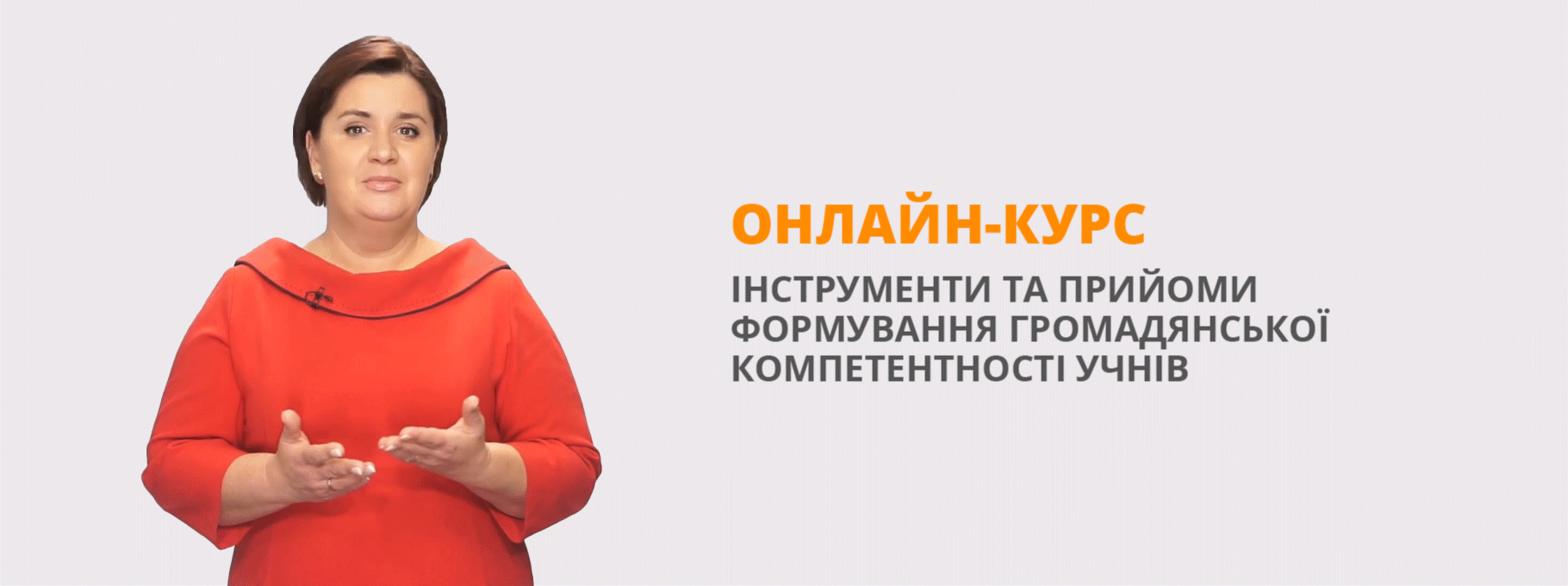Reading Comprehension ( Final Test )
1. Read the text about the effect of music on brain development.
Match the sentences a-g to the gaps 1-6. There is one extra sentence.
One of the most persistent mistaken beliefs about brain development is that playing classical music to babies increases their intelligence. Despite the lack of evidence to support it, the theory has become widespread, probably because it seems to provide parents with an easy way to assist their children's intellectual development. 1______________. So what are the origins of this idea and is there any truth in it?
It all started in 1993, when a report in the scientific journal Nature claimed that listening to a Mozart sonata improved the performance of college students on a complex spatial reasoning task. 2___________. However, when popular science writer, Don Campbell,published a book called The Mozart Effect in 1997, it became a bestseller and the idea took off.
Over the next few years, the theory that classical music makes babies smarter was repeated countless times in newspapers, magazines, and books: 3___________. In the US, the state government of Georgia sent classical music €Ds to all parents of newborns in the state.
In the US, the state government of Georgia sent classical music €Ds to all parents of newborns in the state. 4_____________. Interestingly, what all these authorities failed to notice was a basic fault in logic. How could they claim that listening to
music would lead to lifelong intelligence improvement in babies based on an effect that (in the original experiment) lasted less than fifteen minutes in adults?
In 1999, another group of scientists repeated the original experiment on college students and found that they could not get the same results. 5_____________. What is most significant here is that all these experiments were with college students.In the retelling, the stories about the Mozart effect had gradually replaced the college students of the original experiment with children or babies.
In actual fact, no one had tested the idea on babies, ever. Other,more reliable research suggests you can use classical music to help your child's brain development, but only if you buy them a musical instrument and pay for some lessons. 6___________. Music may indeed improve children's intelligence - but only if they become active producers of music and not just passive consumers.
2. Read the book review. Choose the correct answer.
In the foreword to Criminal, Caspar Walsh says: 'In one way or another, I've been involved with the British prison system for most of my life.' He was twelve years old when he started visiting his father,who was a thief and a drug dealer. At the age of
twenty, already addicted to drugs and alcohol himself,Caspar was arrested for drug dealing. Whilst in prison, he eventually entered a rehab programme and took stock of his life for the first time. He made the decision to break away from his past life and on leaving prison, he promised himself he'd never return.He ended up by breaking that promise, but in a way he could never have imagined: for the past twelve years he's been running creative writing workshops for prisoners, based on his own experience of using writing as a tool for self-development and renewal.
In the foreword to Criminal, Caspar Walsh says: 'In one way or another, I've been involved with the British prison system for most of my life.' He was twelve years old when he started visiting his father,who was a thief and a drug dealer. At the age of
twenty, already addicted to drugs and alcohol himself,Caspar was arrested for drug dealing. Whilst in prison, he eventually entered a rehab programme and took stock of his life for the first time. He made the decision to break away from his past life and on leaving prison, he promised himself he'd never return.He ended up by breaking that promise, but in a way he could never have imagined: for the past twelve years he's been running creative writing workshops for prisoners, based on his own experience of using writing as a tool for self-development and renewal.
Written as a novel, Criminal tells the vivid, shocking story of Walsh's life. He recounts his Wild, confused childhood in the hands of a mother who was unable
to look after him and a father who, despite his irresponsible, criminal lifestyle, loved his son and cared about him. He tells of his unhappy adolescence, increasingly dominated by drugs and crime, and of the arrest, which gave him t e shock he
needed to make him want to turn his life around. In the final chapters he describes some of the workshops he's been running, including one'in which male prisoners wrote stories for their children. In Walsh's own words, it is a book about the decision he made to stop being the victim of his upbringing.
The book is brutally honest, often painful, but written without bitterness or self-pity. There are'no good or bad guys. Caspar's father in particular comes across as a fascinating, complex character; and the complicated, loving yet disastrous relationship between father and son is difficult to condemn,despite its terrible consequences.
If you want to understand what draws teenagers into the world of drugs and crime, and how difficult it is for them to get out of it again, read Criminal.You should also read it if you're interested in children and the way they are affected by the actions of the adults around them; in fact, if you're interested in people at all, this book is for you. You won't be able to put it down!

Створюйте онлайн-тести
для контролю знань і залучення учнів
до активної роботи у класі та вдома


















